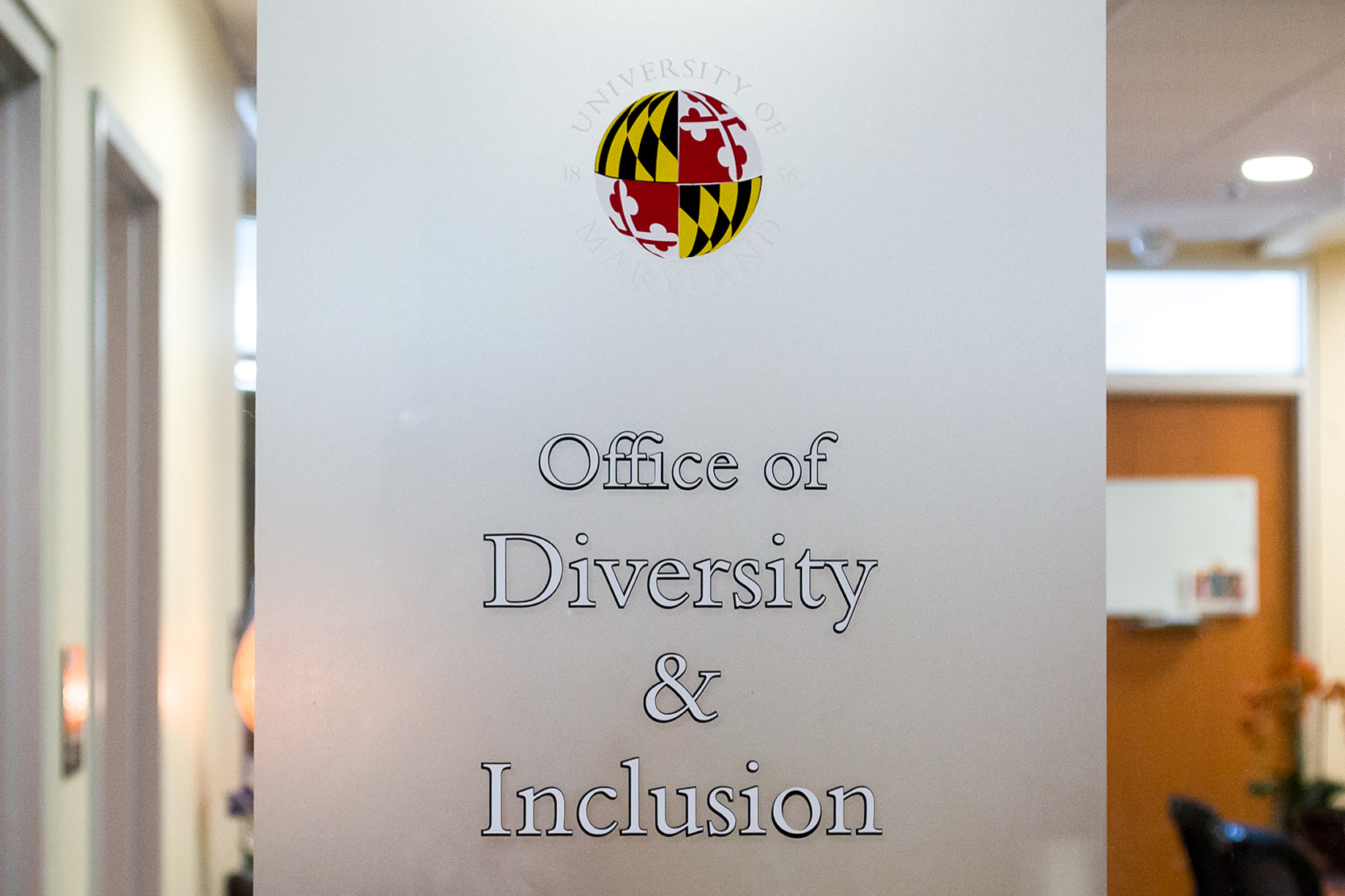By Olivia Wolfson
For The Diamondback
The University of Maryland’s Office of Diversity and Inclusion hosted a webinar with ADA coordinator Emily Singer Lucio Thursday on how to make events more accessible to people with disabilities.
Singer Lucio went into detail about the different components of hosting an inclusive event, such as offering assistive listening devices, making accessible PowerPoints, offering food for people with dietary restrictions and other ways to ensure the event is as accommodating as possible.
Singer Lucio said while students or people who attend these meetings were not consulted beforehand, the webinar is based on this university’s procedures.
The webinar highlighted the importance of event planners assigning someone as a point of contact for people who need accommodations.
[College Park City Council discusses what special policing district could look like]
This is especially important for Purva Chimurkar, a freshman enrolled in letters and sciences who said the main issue for her is knowing how to navigate buildings and paratransit services due to her mobility restrictions.
Chimurkar said having someone she can reach out to before events to arrange things with paratransit services or figure out what entrances and exits to use would be helpful.
“With college, a lot of things are very impulsive and plans change, obviously, so that can be a little frustrating at times,” Chimurkar said.
This university’s paratransit system operates on a first come, first served basis, which Chimurkar said can make things difficult if she finds out about an event the day of. She said she was unaware how busy the schedule can get, which caused her to miss her first classes of the semester.
The webinar also discussed policy for service animals at events.
[Students who don’t qualify for UMD’s limited COVID isolation housing express frustration]
Singer Lucio said you cannot ask the owner to make the animal perform its task or what the owner’s disability is.
Maariyah Quadri, a junior animal science major, said going to events with her service dog comes with its own set of challenges, such as people staring at her and her dog, taking pictures of her or trying to sneakily pet the animal.
Quadri experiences frequent fainting spells, which require her to be near an exit or have enough space around her if she needs to lie down on the floor. However, she said this can make it difficult if she wants to attend a crowded event or is in a lecture hall where she may have to sit in an unsafe seat.
She said she has also had experiences with professors or staff members being difficult about her dog and seating accommodations. Quadri said their concerns are often about her service dog being distracting to others or a safety hazard.
“I try to keep him out of the way for safety reasons so people don’t trip on him,” she said. “He’s never in an aisleway, but I’ve definitely had staff members pick on me about that.”
Quadri said she wants professors and staff to have more training to understand how to interact with people with disabilities.
“I do want to go [to these events], I just worry about these things,” Quadri said. “It holds me back sometimes.”
Singer Lucio said this webinar is just one part of ensuring every aspect of this university is accessible for anyone with a disability.
“It is critically important that everybody understands that this is a shared responsibility,” Singer Lucio said. “Everyone needs to take on this role to help us make sure we’re being accessible.”



